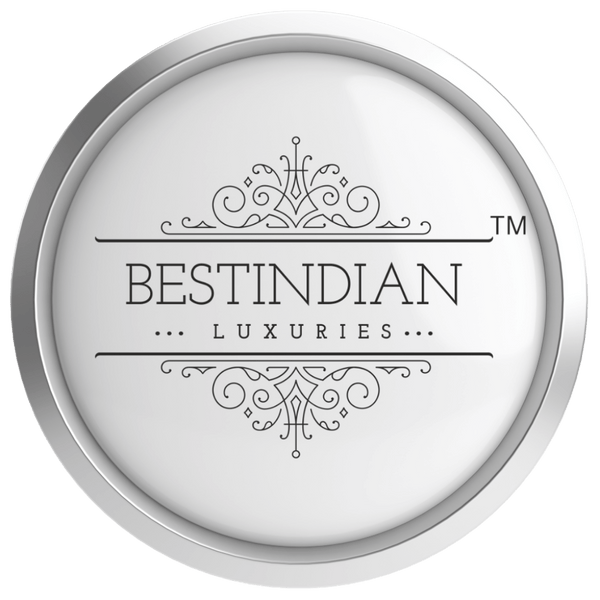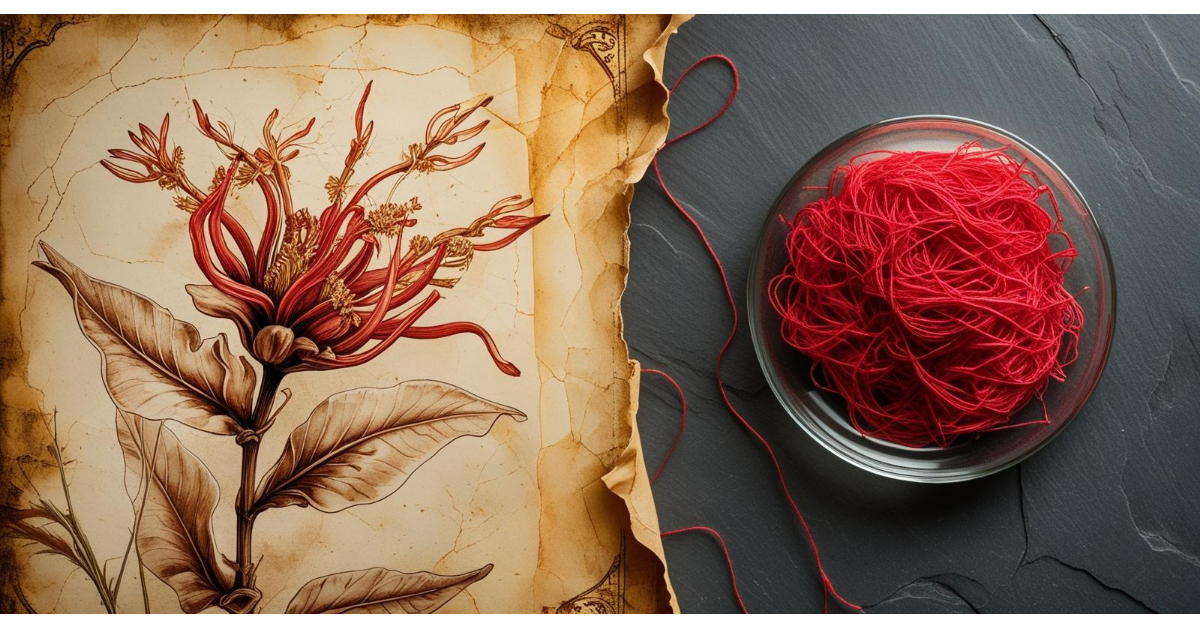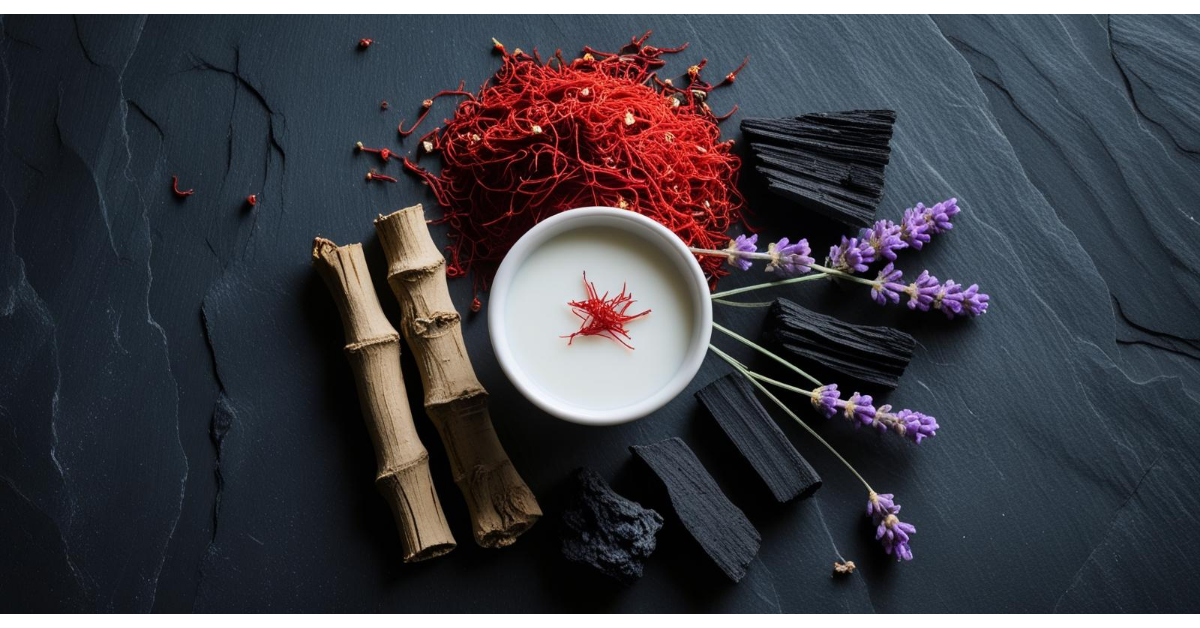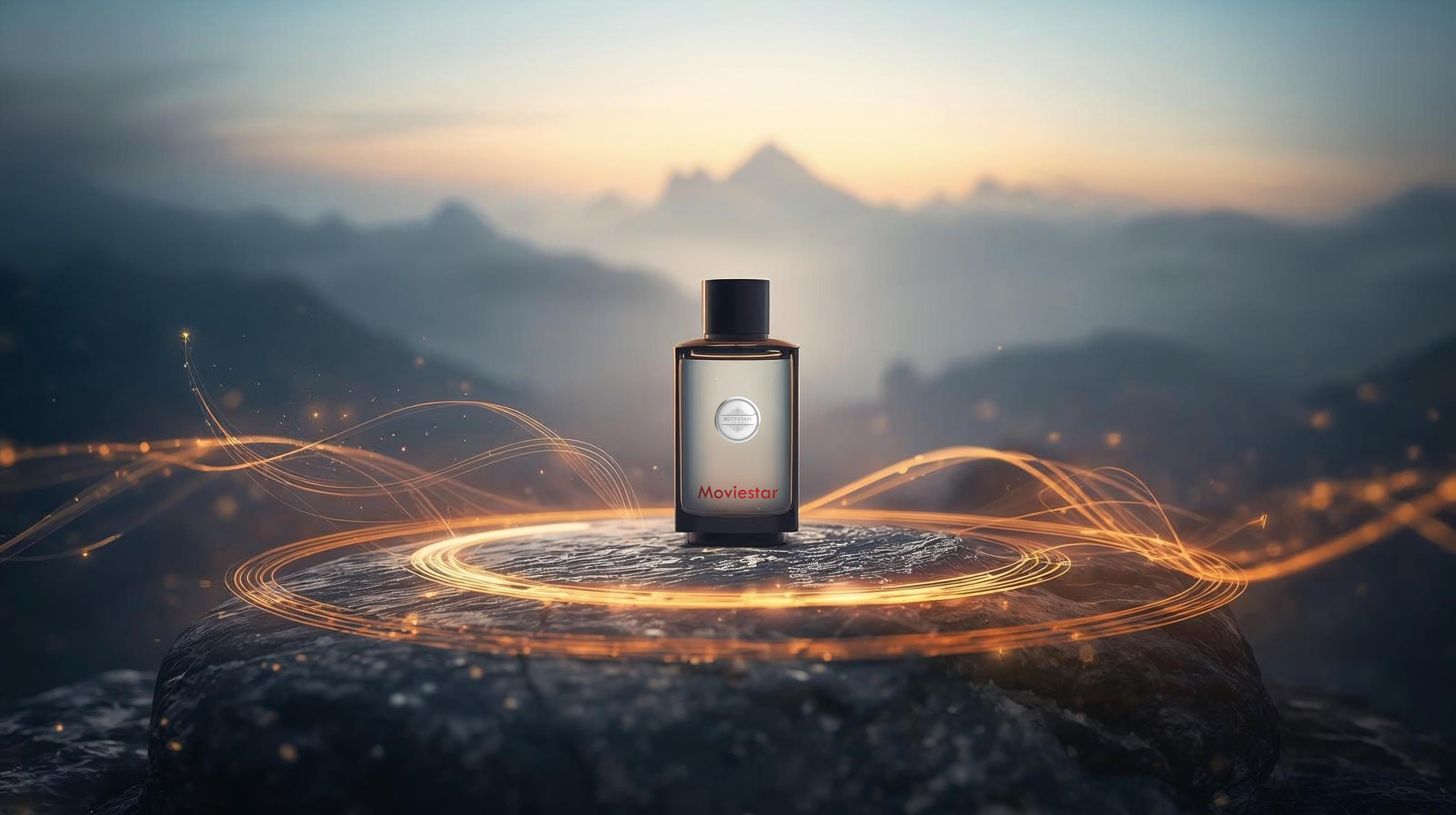
Beyond Flakes: Your Definitive Guide to the Best Dandruff Shampoo, Scalp Health & pH Balance in India
BestIndian LuxuriesShare
The Quest for a Healthy, Flake-Free Scalp in India
The persistent nuisance of dandruff, often accompanied by an itchy, irritated scalp, is a widespread concern for many in India, prompting an active search for effective dandruff treatment and the "best dandruff shampoo." While visible flakes are the most obvious symptom, these issues often signal a deeper imbalance in the scalp's delicate ecosystem. True and lasting relief, therefore, extends beyond merely suppressing flakes; it involves restoring overall scalp harmony—a state characterized by a balanced microbiome, optimal pH, and robust skin barrier function.
This definitive guide will explore the intricate science of scalp health, delve into the root causes of dandruff, examine various approaches to its control—from conventional to natural—and illuminate how thoughtfully formulated shampoos, particularly those leveraging Ayurvedic wisdom and natural ingredients, can help you achieve a comfortable, healthy, flake-free scalp. Understanding these elements is fundamental, and you can find more on holistic hair wellness in our Best Indian Shampoo Revealed guide.

The scalp is far more than just the skin that covers our head; it's a complex biological ecosystem, and its health is the absolute bedrock for strong, vibrant hair. Understanding its key components is crucial to appreciating how the best Indian shampoos work to maintain its delicate balance.
- Scalp Anatomy and the Acid Mantle: The scalp consists of several layers, including the epidermis (outermost layer) and the dermis, which houses hair follicles, sebaceous (oil) glands, and sweat glands. The surface of the epidermis is protected by a crucial hydrolipidic film known as the acid mantle. This thin, slightly acidic film (composed of sebum, sweat, and products of keratinization) is the scalp's first line of defense.
-
The Critical Role of pH: The natural pH of healthy scalp skin is typically acidic, ranging from 4.5 to 5.5. This acidity is vital for:
- Microbial Balance: It helps inhibit the proliferation of pathogenic bacteria and fungi, favoring the growth of beneficial commensal microorganisms that form part of the scalp's microbiome.
- Barrier Function Integrity: A healthy acid mantle strengthens the skin's barrier function, preventing excessive transepidermal water loss (TEWL) and protecting against environmental irritants and allergens.
- Enzyme Activity: Many enzymes involved in essential skin processes, such as desquamation (the natural shedding of dead skin cells), function optimally within this acidic pH range.
- Hair Cuticle Health: An acidic environment helps keep the cuticles of the hair shaft smooth, flat, and compact, contributing to hair shine, reduced porosity, and less friction or breakage.
- The Scalp Microbiome: The scalp is home to a diverse community of microorganisms, including bacteria like Staphylococcus epidermidis and Cutibacterium acnes, and yeasts such as various Malassezia species. In a healthy state, these microbes exist in a balanced, symbiotic relationship. However, disruptions to this ecosystem (dysbiosis), often triggered by pH changes, altered sebum levels, or impaired barrier function, can lead to conditions like dandruff or seborrheic dermatitis.
- Factors Disrupting Scalp Harmony: Numerous factors can throw this delicate ecosystem off balance, including the use of alkaline hair care products (like some traditional soaps or harsh shampoos), environmental pollutants, excessive sun exposure, stress, hormonal fluctuations, and improper dietary habits.
Maintaining this intricate balance is a primary goal of sophisticated scalp care, and using a ph balanced shampoo is a foundational step.

Dandruff Deconstructed: Unmasking the Common Culprits Behind Flakes & Itch
Dandruff (Pityriasis capitis) is one of the most common scalp disorders globally, affecting a significant portion of the population in India. While often perceived as simply "dry skin," true dandruff is a more complex condition characterized by excessive shedding of scalp skin cells (flakes), frequently accompanied by itching (pruritus) and sometimes mild inflammation or redness (erythema). Understanding its underlying causes is key to effective "dandruff treatment."
- The Central Role of Malassezia Yeasts: Overwhelming scientific evidence points to lipophilic (oil-loving) yeasts of the Malassezia genus, particularly species like Malassezia globosa and Malassezia furfur, as the primary causative microorganisms in dandruff. These yeasts are normal commensals on most adult scalps. However, in individuals susceptible to dandruff, Malassezia metabolizes triglycerides found in scalp sebum, releasing irritating byproducts, most notably oleic acid.
- Oleic Acid and Scalp Irritation: Oleic acid can penetrate the stratum corneum (the outermost layer of the scalp epidermis) in susceptible individuals, disrupting its barrier function. This leads to an inflammatory response, increased scalp sensitivity, and an accelerated rate of epidermal cell turnover. Instead of shedding inconspicuously as individual cells, the skin cells clump together, forming the visible flakes characteristic of dandruff. This irritation is also a primary cause of the itchiness associated with the condition, prompting searches for "shampoo for itchy scalp."
- Sebum Production and Composition: While Malassezia is key, the amount and composition of scalp sebum also play a role. Individuals with an "oily scalp" may provide a richer substrate for Malassezia proliferation, hence the searches abound for "shampoo for oily scalp and dandruff." However, dandruff can also occur on scalps that don't seem overtly oily.
- Individual Susceptibility & Impaired Barrier Function: Not everyone with Malassezia on their scalp develops dandruff. Individual differences in immune response and the integrity of the scalp's epidermal barrier are crucial. A compromised barrier function (which can be worsened by harsh shampoos or pH imbalance) makes the scalp more vulnerable to penetration by irritants like oleic acid.
- Differentiating Dandruff from Simple Dry Scalp: While dry scalp can also lead to small, white flakes, these are typically finer and less oily than dandruff flakes, and the scalp usually feels tight and dry rather than inflamed or overly itchy. However, some conditions can present with mixed features.
Addressing dandruff effectively, therefore, requires more than just washing away flakes; it involves controlling the Malassezia population, soothing scalp inflammation, and restoring the scalp's natural barrier function and pH balance. This is the comprehensive approach taken by the "best dandruff shampoo India" formulations that aim for long-term scalp health.

Navigating Dandruff Solutions: From Medicated Shampoos to Natural Harmony
The search for an effective "dandruff treatment" often leads consumers down various paths, from readily available commercial shampoos to specialized medicated formulations, and increasingly, towards natural and Ayurvedic solutions. Understanding the landscape of these options is key to making an informed choice for your scalp health.
-
Conventional Medicated Anti-Dandruff Shampoos: Many over-the-counter and prescription dandruff shampoos rely on specific active pharmaceutical ingredients to combat flakes and itch. User searches frequently include terms like "Nizoral shampoo," "anti dandruff shampoo ketoconazole," "selsun anti dandruff shampoo," or those containing "zinc pyrithione" and "selenium sulfide."
- Ketoconazole (e.g., in Nizoral) is a potent antifungal agent that works by inhibiting the growth of Malassezia yeasts. It is often effective for moderate to severe dandruff or seborrheic dermatitis.
- Zinc Pyrithione and Selenium Sulfide are also common antifungal and cytostatic agents (slowing down skin cell production) found in many commercial anti-dandruff shampoos like some "Head & Shoulders" variants or "Selsun Blue." They help reduce Malassezia counts and control flaking.
- Salicylic Acid and Coal Tar are other ingredients used for their keratolytic properties (helping to shed dead skin cells) or antifungal/anti-inflammatory actions. While these medicated shampoos can provide rapid relief for many, some individuals may experience side effects like scalp dryness, irritation, or hair texture changes with prolonged or frequent use. There's also the occasional concern about the "rebound effect" if the underlying scalp health isn't holistically addressed. This often leads users to seek gentler, more sustainable alternatives for long-term management.

-
The Rise of Natural & Ayurvedic Solutions for Sustainable Scalp Harmony: Dissatisfaction with the potential harshness of some chemical treatments, or a desire for a more holistic and preventative approach, has fueled the demand for natural and Ayurvedic "anti dandruff shampoos." This approach focuses on:
- Restoring Scalp Balance: Rather than just targeting the fungus, natural solutions aim to create an overall healthy scalp environment that is less conducive to Malassezia overgrowth and inflammation.
- Gentle Efficacy: Utilizing plant-based actives that possess antimicrobial, anti-inflammatory, and soothing properties without stripping the scalp or disrupting its natural pH.
- Nourishment and Strengthening: Providing nutrients to the scalp and hair to improve their resilience.
- Minimizing Chemical Exposure: Aligning with the growing preference for "chemical-free shampoo" and "sulfate free dandruff shampoo" options to reduce the load of synthetic ingredients on the body and the environment.
The best Indian shampoos often draw from this natural and Ayurvedic wisdom, offering sophisticated formulations that effectively manage dandruff while nurturing the scalp for long-term health.
Nature's Arsenal: Potent Ayurvedic & Herbal Ingredients for a Healthy Scalp
Ayurveda and traditional herbal medicine offer a rich arsenal of botanicals known for their efficacy in promoting scalp health and managing dandruff. The best natural "anti dandruff shampoos" leverage these ingredients, whose actions are increasingly being understood through scientific investigation.
- Reetha (Sapindus mukorossi): As a primary ingredient in many traditional and modern Ayurvedic shampoos, Reetha stands out. Its pericarp is rich in triterpenoid saponins which provide natural, gentle cleansing. Critically for dandruff, Reetha extracts have demonstrated significant antimicrobial and anti-inflammatory properties. These actions help to control the population of Malassezia yeast and soothe the inflammation it causes, making it an effective natural agent for "dandruff removal" and scalp cleansing.
- Amla (Emblica officinalis): This superfruit is a powerhouse of Vitamin C, tannins, and other antioxidants. While renowned for hair strengthening, its contribution to scalp health is also significant. Its antioxidant properties help protect scalp cells from oxidative stress, and its mildly acidic nature can help maintain the scalp's optimal pH. A healthy, well-nourished scalp is less prone to imbalances that lead to dandruff. Furthermore, some traditional uses point to Amla's efficacy in preventing various scalp infections.
- Aloe Vera (Aloe barbadensis miller): Celebrated for its profound soothing, moisturizing, and healing properties, Aloe Vera is a boon for irritated, flaky, or "itchy scalps". It contains proteolytic enzymes that may help gently exfoliate dead skin cells and flakes. Its anti-inflammatory compounds (like bradykinase) calm irritation, while its rich content of vitamins, minerals, and polysaccharides deeply hydrates the scalp and helps restore its natural barrier function. For users searching "aloe vera for dandruff," this ingredient offers direct benefits.
- Neem (Azadirachta indica) (Contextual Mention): Though not a primary active in all formulations, Neem is a highly esteemed Ayurvedic herb with potent antifungal, antibacterial, and anti-inflammatory properties, often cited in the literature for its effectiveness against various skin and scalp conditions, including dandruff. Its inclusion in broader discussions of Ayurvedic solutions for dandruff is warranted by its historical use and scientific backing.
- Tea Tree Oil (Melaleuca alternifolia) (Contextual Mention): Another popular natural ingredient users search for ("shampoo with tea tree oil," "tea tree for dandruff"), known for its strong antiseptic and antifungal properties, particularly against Malassezia.
The synergistic use of such ingredients in a well-formulated "Ayurvedic anti dandruff shampoo" can offer a comprehensive approach to not just controlling dandruff but also promoting overall scalp vitality.

BestIndian™ Ultimate Shampoo: Your Partner in Cultivating Scalp Harmony
Achieving and maintaining true scalp harmony requires a product that is both effective against concerns like dandruff and meticulously formulated to respect the scalp's delicate biology. BestIndian™ Ultimate Anti-Hair Fall Conditioning Shampoo emerges as a sophisticated solution, embodying the principles of gentle care, potent natural actives, and scientifically validated approaches to foster a healthy, balanced scalp environment.

-
Meticulously pH-Balanced for Optimal Scalp Comfort: A cornerstone of the BestIndian™ formulation is its commitment to being pH-balanced. As highlighted in the product description, it is specifically formulated to "respect your scalp's natural environment," aligning with the ideal acidic pH range of 4.5-5.5. This is crucial for "preventing dryness, itchiness, and maintaining overall hair health," making it an "excellent shampoo for sensitive scalp". By maintaining this natural acidity, the shampoo helps support the scalp's protective acid mantle, crucial for fending off microbial imbalances and retaining essential moisture.
-
Potent Natural Anti-Dandruff & Scalp-Soothing Action: BestIndian™ Shampoo leverages a synergistic blend of revered Ayurvedic ingredients to address dandruff and promote scalp health:
- Reetha (Sapindus mukorossi): This natural cleanser is not just gentle; it possesses scientifically recognized anti-inflammatory and antimicrobial properties vital for maintaining a healthy, problem-free scalp. Its saponins effectively cleanse, while its inherent properties help combat the Malassezia yeasts implicated in dandruff.
- Amla (Emblica officinalis): Rich in antioxidants and Vitamin C, Amla nourishes the scalp, strengthens hair follicles, and its mildly acidic nature can further contribute to a healthy scalp pH. Its traditional use includes soothing scalp conditions and promoting overall hair vitality.
- Certified Organic Aloe Vera (Aloe barbadensis): A well-known calming and hydrating agent, Aloe Vera soothes scalp irritation and itchiness associated with dandruff. Its enzymes can gently help exfoliate dead skin cells, while its moisturizing compounds support the scalp's barrier function. The product description explicitly states that its "anti-dandruff properties effectively combat issues caused by fungi like Malassezia".
-
Gentle, Sulfate-Free Cleansing for a Balanced Ecosystem: Being a sulfate-free formulation, BestIndian™ avoids the harsh stripping that can disrupt the scalp's natural lipid barrier and microbiome, often exacerbating conditions like dandruff or sensitivity. This gentle cleansing approach, utilizing nature-derived surfactants like Sodium Cocoyl Isethionate and Coco Glucoside, along with Reetha's natural saponins, effectively removes impurities without causing dryness or irritation. This is key for anyone searching for a sulfate free dandruff shampoo that still provides a thorough clean. Learn more about the benefits of sulfate-free formulations in our dedicated guide.
-
COSMOS Organic Certification – Purity Assured: The COSMOS Organic certification of BestIndian™ Shampoo provides an additional layer of assurance. It signifies that the product is made with a high percentage of organic ingredients and is free from harsh synthetic chemicals, pesticides, and GMOs that could potentially irritate a compromised scalp or disrupt its delicate balance. This aligns with the search for the best ayurvedic shampoo without chemicals. Explore the standards of Natural & Organic Luxury in our detailed article.
-
Addressing "Dandruff and Hair Fall" Simultaneously: By fostering a healthier scalp environment—balanced pH, reduced inflammation, controlled microbial load, and effective nourishment—BestIndian™ Shampoo also creates optimal conditions for robust hair growth. This makes it an excellent choice for individuals experiencing both dandruff and hair fall, a common combined concern reflected in search queries like "best shampoo for dandruff and hairfall." Our Hair Fall Control Secrets guide delves deeper into hair fall solutions.
BestIndian™ Ultimate Anti-Hair Fall Conditioning Shampoo thus offers a scientifically formulated, Ayurvedically inspired, and certified organic solution for those seeking not just to manage dandruff, but to cultivate lasting scalp harmony and vibrant hair health.
Choosing Your Path to a Healthy Scalp: When is a Natural Approach Best?
Navigating the options for scalp care, especially when dealing with persistent issues like dandruff or sensitivity, can be daunting. While medicated shampoos have their place, a natural, holistic approach centered around "scalp health shampoos" often provides sustainable, long-term benefits without the potential for harsh side effects.
A natural and Ayurvedic approach, as embodied by formulations like BestIndian™ Shampoo, is often best when:
- You experience mild to moderate dandruff: For common flaking and itchiness, gentle, natural antifungal and soothing ingredients can be highly effective.
- You have a sensitive scalp: If conventional shampoos cause irritation, redness, or excessive dryness, a pH-balanced, sulfate-free, and chemical-free natural shampoo is a much gentler alternative.
- You prefer a preventative and maintenance strategy: Natural shampoos can help maintain a healthy scalp microbiome and pH balance, preventing dandruff flare-ups before they start.
- You are looking for holistic benefits: Natural ingredients often provide multiple benefits simultaneously—cleansing, conditioning, soothing, nourishing—contributing to overall hair and scalp vitality.
- You are concerned about long-term exposure to synthetic chemicals: Choosing certified organic and natural products minimizes this exposure.
When to Consult a Dermatologist: It's important to consult a dermatologist or trichologist if:
- Your dandruff is severe, persistent despite using targeted shampoos, or worsening.
- Your scalp is extremely inflamed, painful, or has open sores.
- You suspect an underlying skin condition like seborrheic dermatitis, psoriasis, or a fungal infection that requires medical diagnosis and treatment.
- You experience significant or sudden hair loss along with scalp issues. A medical professional can provide an accurate diagnosis and recommend appropriate treatments, which may include specialized medicated shampoos or other therapies. Natural shampoos can often be used alongside or after medical treatments to maintain scalp health.
 Holistic Lifestyle & Dietary Tips for Sustained Scalp Wellness
Holistic Lifestyle & Dietary Tips for Sustained Scalp Wellness
While using a scientifically formulated, pH-balanced, and natural anti-dandruff shampoo like BestIndian™ is a cornerstone of effective scalp care, achieving lasting scalp harmony often benefits from a holistic approach that encompasses diet, lifestyle, and mindful hair care practices. These elements work synergistically with your chosen shampoo to create an internal and external environment conducive to a healthy, flake-free scalp.
-
Nourish from Within – Dietary Considerations:
- Anti-inflammatory Foods: Incorporate foods rich in omega-3 fatty acids (like flaxseeds, walnuts, fatty fish if part of your diet), which can help modulate inflammation throughout the body, including the scalp.
- Antioxidant-Rich Diet: Consume plenty of colorful fruits and vegetables packed with vitamins (especially A, C, E, and B-vitamins) and minerals (like zinc and selenium) that support skin health and immune function. Many Ayurvedic herbs are also rich in antioxidants.
- Probiotics & Gut Health: A healthy gut microbiome can influence skin health, including the scalp. Consider incorporating probiotic-rich foods (like yogurt) or consulting a healthcare professional about probiotic supplements.
- Hydration: Adequate water intake is essential for overall skin hydration, including the scalp.
- Limit Sugar & Processed Foods: Diets high in sugar and processed foods can sometimes exacerbate inflammatory conditions and may influence sebum production or microbial balance.
- Manage Stress Levels: Chronic stress is a known trigger or aggravator for many skin conditions, including dandruff and scalp irritation, as it can impact hormone levels and immune function. Incorporating stress-management techniques like yoga, meditation, pranayama (deep breathing exercises), regular physical activity, or spending time in nature can significantly benefit scalp health.
-
Mindful Hair & Scalp Hygiene:
- Washing Frequency: Wash your hair regularly with a gentle, pH-balanced shampoo to prevent the buildup of oils, dead skin cells, and Malassezia yeast. However, over-washing, especially with harsh shampoos, can strip the scalp, so find a balance that suits your hair and scalp type.
- Water Temperature: Use lukewarm water for washing your hair. Overly hot water can strip natural oils and irritate the scalp, as advised in Ayurvedic texts.
- Gentle Handling: Avoid aggressive scrubbing of the scalp. Gently massage shampoo onto the scalp with your fingertips. Rinse thoroughly to remove all product residue.
- Clean Combs & Brushes: Regularly clean your hairbrushes, combs, and any headwear to prevent the reintroduction of microbes or product buildup to your scalp.
- Avoid Scalp Irritants: Be mindful of harsh styling products, hair dyes, or treatments that might contain allergens or irritants that can compromise your scalp health or disrupt its pH balance. Whenever possible, opt for natural and gentle styling alternatives.
Adopting these holistic practices can create a supportive internal and external environment, enhancing the effectiveness of your chosen anti dandruff shampoo and contributing to long-term scalp wellness and beautiful, healthy hair.

Conclusion: Embrace the Balance for a Healthy Scalp & Beautiful Hair
The journey to achieving a truly healthy scalp—free from the discomfort of dandruff, itchiness, and imbalance—is paved with an understanding of its delicate ecosystem and a commitment to gentle, effective care. As we've explored, maintaining the scalp's natural pH balance and addressing the root causes of conditions like dandruff, particularly the overgrowth of Malassezia yeasts, are paramount for cultivating lasting scalp harmony.
While conventional medicated shampoos offer solutions for acute symptoms, the enduring trend towards natural and Ayurvedic formulations reflects a deeper desire for sustainable scalp health without relying on harsh chemicals. The best Indian shampoos in this realm masterfully blend ancient botanical wisdom with modern scientific insights, offering potent yet gentle ingredients like Reetha, Amla, and Aloe Vera that cleanse, soothe, balance, and protect. Choosing a pH-balanced, sulfate-free, and COSMOS Organic certified shampoo further empowers you to provide your scalp with the purest and most respectful care.
Ultimately, a healthy scalp is the fertile ground from which beautiful, resilient hair thrives. By making informed choices about your hair care products and embracing holistic lifestyle practices, you can move beyond merely treating flakes to fostering an environment of true scalp wellness.
We invite you to experience the profound benefits of a formulation meticulously designed to restore and maintain this delicate balance. Discover how BestIndian™ Ultimate Anti-Hair Fall Conditioning Shampoo can be your partner in achieving lasting scalp comfort and vibrant hair health.







